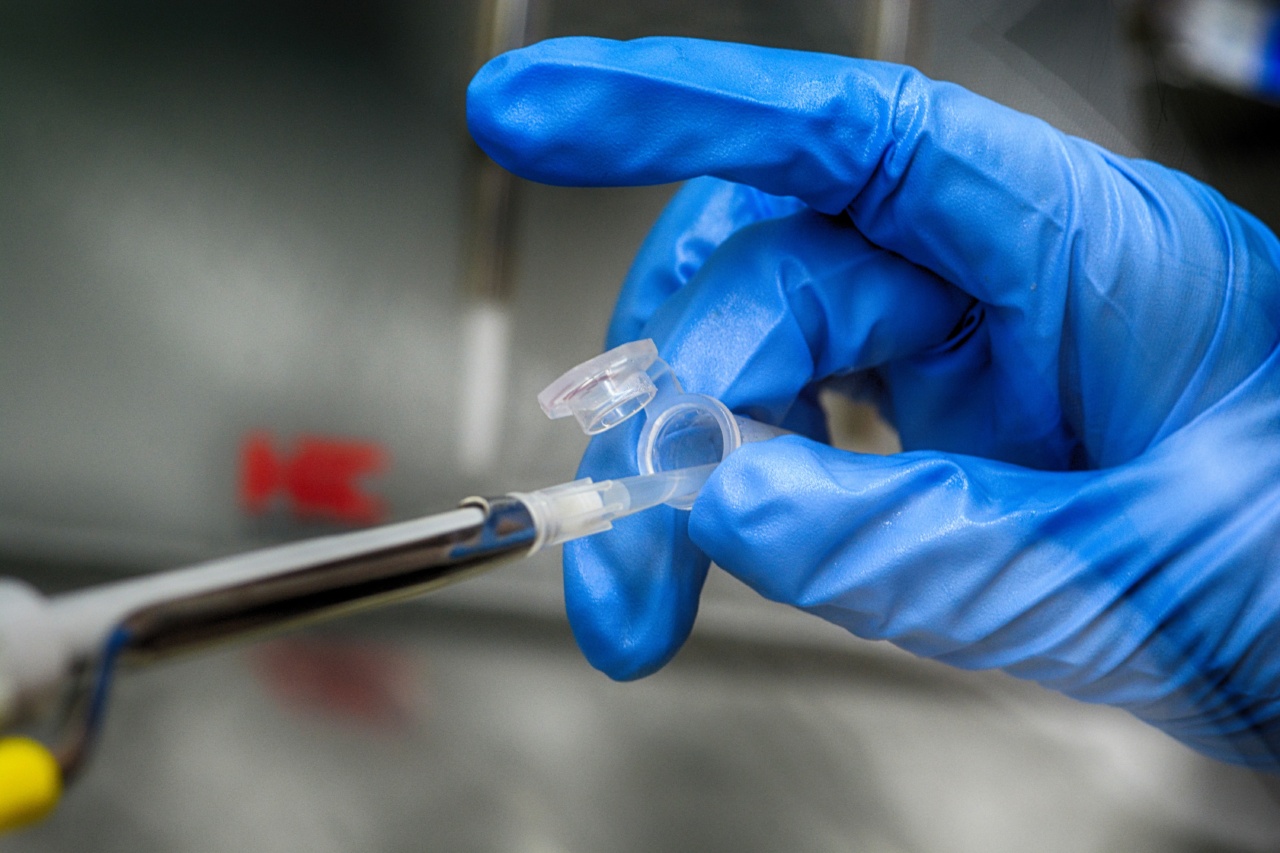Hugs are an integral part of human interaction, and we have all experienced the warm and fuzzy feeling of affection that a good hug can bring.
What many people may not realize is that science has been able to explain the positive impact of hugs on our physical and mental health.
The Power of Touch
From the moment we are born, touch is essential for our development and well-being. Infants crave touch and physical contact, and studies have found that affectionate touch can have a positive impact on their emotional and social development.
As we grow older, the importance of touch does not diminish. In fact, our need for touch and physical interaction with others remains crucial throughout our lives.
The Science Behind a Hug
When we hug someone, our bodies release a hormone called oxytocin. Often referred to as the “cuddle hormone,” oxytocin is produced by the hypothalamus and released by the pituitary gland.
This hormone is associated with social bonding and is released during moments of physical touch, such as hugging, holding hands, and kissing.
In addition to oxytocin, hugging also has the ability to reduce the levels of cortisol – commonly known as the “stress hormone” – in our bodies.
Studies have shown that when we experience physical touch, our blood pressure lowers, our heart rate slows down, and our stress levels decrease, resulting in an overall feeling of relaxation and calmness.
The Health Benefits of Hugging
The health benefits of hugging go beyond just the emotional and mental aspects. Research has found that regular physical touch and affection can also have a positive impact on our physical health.
Boosts Immune System
Regular physical touch, such as hugging, has been found to boost our immune system by increasing the production of white blood cells. These cells help our bodies defend against illness and disease.
Reduces Pain
Physical touch has the ability to reduce pain levels by triggering the release of endorphins, the body’s natural painkillers.
Studies have found that hugging can have a similar effect to pain medication, reducing the intensity of pain felt by individuals.
Improves Heart Health
The decrease in stress levels that occurs during a hug can have a positive impact on our heart health. Hugging has been found to reduce the risk of heart disease by lowering blood pressure and improving the function of our blood vessels.
Relieves Depression and Anxiety
The release of oxytocin during a hug has been found to reduce feelings of depression and anxiety. This hormone is associated with feelings of happiness and contentment, which can have a significant impact on our mental health.
Increases Overall Happiness
The feeling of warmth and affection that a hug can provide has been found to boost our overall sense of happiness.
Studies have shown that individuals who experience regular physical touch have higher levels of life satisfaction and are more likely to report feeling happy and content.
When to Hug
While hugging can provide numerous health benefits, it is important to recognize that not everyone is comfortable with physical touch. It is important to respect other people’s boundaries and only engage in hugs when appropriate and welcomed.
When hugging others, it is important to consider the relationship and the context of the situation.
Hugging a friend or family member hello or goodbye is generally seen as acceptable, but hugging a stranger without their permission can be uncomfortable and potentially inappropriate.
Conclusion
Hugging is a natural part of human interaction and has numerous physical and mental health benefits. The release of oxytocin and reduction of cortisol levels can have a positive impact on our overall well-being.
It is important to consider the context of the situation and respect people’s boundaries when engaging in physical touch.































